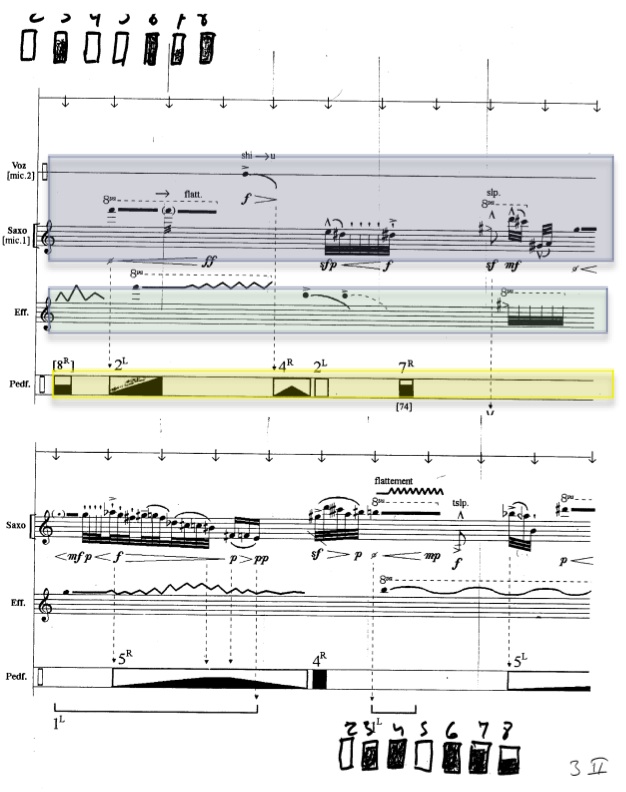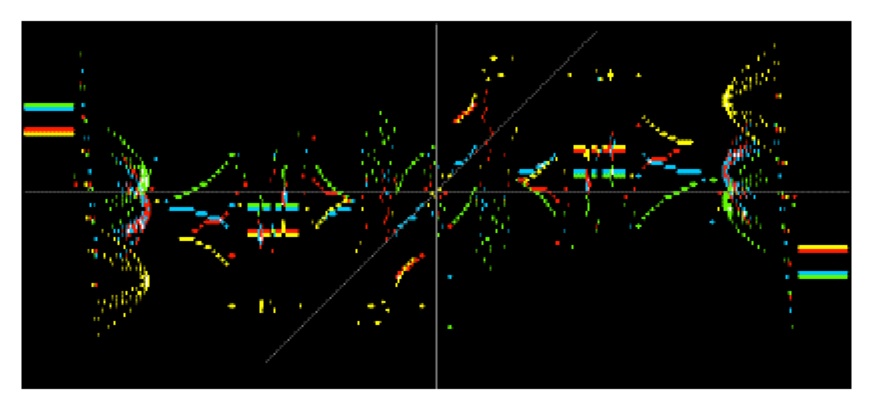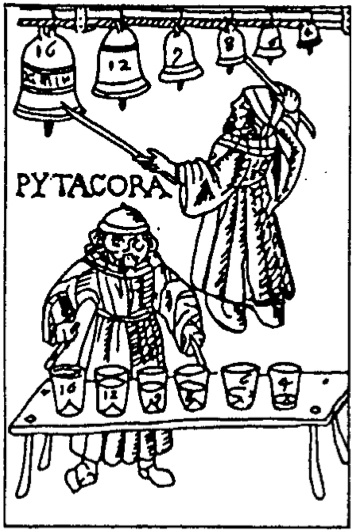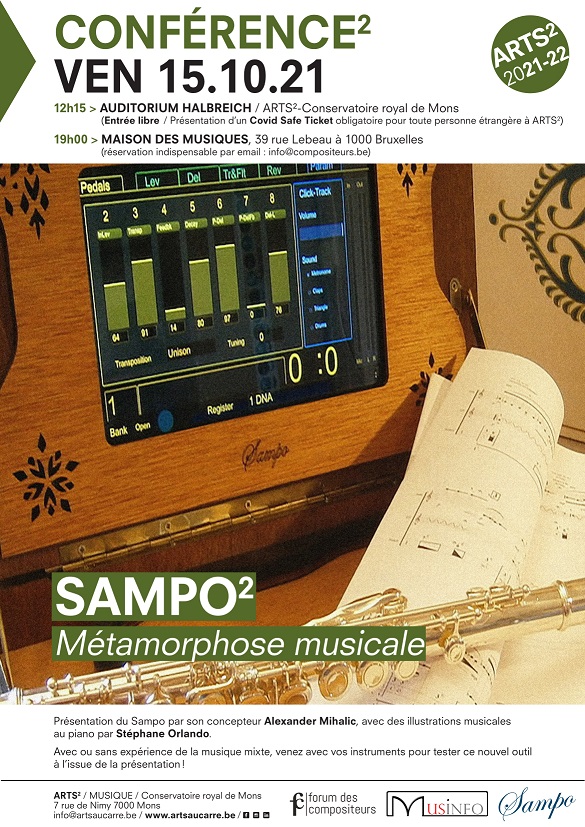 Musical instruments are constantly evolving. The search for new sounds encourages to, on the one hand, invent new instruments and on the other, modify those that already exist.
Musical instruments are constantly evolving. The search for new sounds encourages to, on the one hand, invent new instruments and on the other, modify those that already exist.
The Sampo is an intuitive and autonomous solution for transforming the sound of acoustic instruments. The goal is to offer musicians an effective way for producing mixed music anywhere and without the need for computer skills.
With or without experience of mixed music, come test this new tool with your instruments at the end of the presentation!
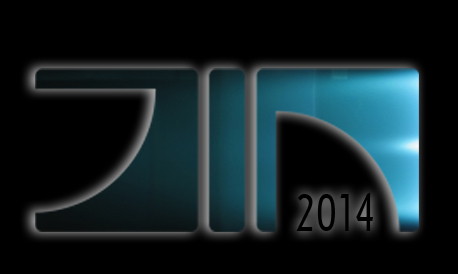
The 2014 edition of « Les Journées d'Informatique Musicale » (Computer Music Days) will be held in Bourges from May 21 to 23, 2014. This event is organized by Musinfo association with the support of the national school of fine arts of Bourges and the university institute of technology of Bourges.
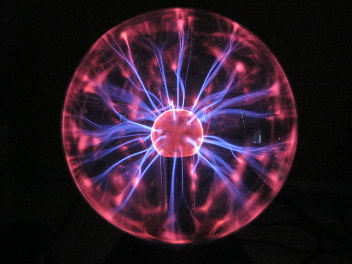 The Sound of Light and of the Invisible
The Sound of Light and of the Invisible
Marseille - April 2-3 2014
The purpose of the seminar is to present the research in the field of auditory perception of data and of non sound phenomena - meteorology, cosmic particles, brain waves, etc. The focus is on the sonification of visual data in particular - color, space, light spectra. The first day of the seminar ends with a musical presentation at the planetarium of Marseille (50 meters from IMéRA).
Marseille, October 15th - 18th
 Alexander MIHALIC, composer in residence at IMéRA - Institute for Advanced Studies of Aix-Marseille, participates in CMMR 2013 | Marseille - Sound, Music & Motion - Laboratory of Mechanics and Acoustics (LMA / CNRS)
Alexander MIHALIC, composer in residence at IMéRA - Institute for Advanced Studies of Aix-Marseille, participates in CMMR 2013 | Marseille - Sound, Music & Motion - Laboratory of Mechanics and Acoustics (LMA / CNRS)
Read more: 10th International Symposium on Computer Music Multidisciplinary Research (CMMR),
International Symposium, July 8th 2012, MuSA 2012 - Karlsruhe (IMWI)
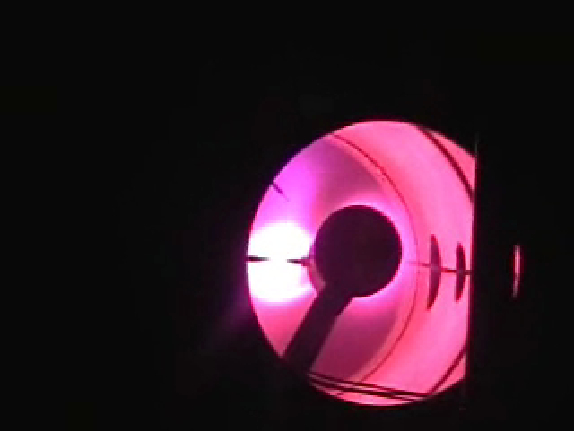 The visual perception of the human being allows us to "capture" the electromagnetic waves in a range of frequencies. The rest of the frequencies is therefore simply invisible for humans. In 2011 MUSINFO and the PIIM laboratory of Aix-Marseille University started a collaboration on the sonification of light and plasma spectra. Our first project, called Hearing the light, proposes the "transferring" of visual information from spectral analyse into audio information and thus gives us a new perspective and dimension for the perception of a physical phenomenon.
The visual perception of the human being allows us to "capture" the electromagnetic waves in a range of frequencies. The rest of the frequencies is therefore simply invisible for humans. In 2011 MUSINFO and the PIIM laboratory of Aix-Marseille University started a collaboration on the sonification of light and plasma spectra. Our first project, called Hearing the light, proposes the "transferring" of visual information from spectral analyse into audio information and thus gives us a new perspective and dimension for the perception of a physical phenomenon.
International symposium, Thursday, April 5th 2012, IRCAM
Instrumental music score is perfectly codified and the sound that results is known by the person who analyses, but the lack of a standardized coding in the case of mixed music creates numerous difficulties for analysis. These difficulties are due mainly to the fact that the electronic device is unknown, its access is complicated and it undergoes rapid and permanent changes with technological developments.
la Semaine du Son, 9th édition - Marseille
Maison des Sciences - Aix-Marseille University, January 27th 2012
Sciences & Sounds Workshops are both experimental workshops about the physical properties of music (what is sound synthesis? What is a scale?) And meetings around the sounds of speech and singing voice. These differing perspectives on sciences are meant for middle and high school classes.
La Semaine du Son, 9th edition - Marseille
Polygone Étoilé, January 27th 2012
"Hearing light" is an atypical intervention that combines arts and sciences on the concept of sonication, a significant demonstration that shows our physical environment through hearing.
Visual perception can "receive" electromagnetic waves in a range of frequency that can be measured using a spectrometer. During the event, Alexander Mihalic "transfers" the visual information into sound information, thus giving a new perspective, another dimension to the perception of a physical phenomenon.
Sonification of data from a spectrometer will allow to perceive visible light but also the invisible; a perception not with the eyes but with the ears!
Seminar, March 31st 2010 in University of Saint-Etienne
Lecture series, Université Populaire, march 2009, Bourges
The knowledge of our world around us comes from multiple approaches.
One of them - sound - has a special place in history.
Since Pythagoras and his music of the spheres, through Boethius and his "musica mundana", the alchemist Mayer with "Atalanta Fugiens," the astronomer Kepler who makes planets sing, to contemporary scientists in fields as diverse as molecular biology, earth sciences, astronomy and many others, "men of knowledge" use sound to understand and interpret reality better.
At the same time, composers are looking outward to get inspiration or directly use data from the world around us - Guido d'Arezzo has melodies calculated, Dufay transposes the church proportions in a motet, Mozart uses probability to create automatic compositions, Xenakis invents stochastic music...
We are going to study the evolution of music based on the evolution of the knowledge of the world from antiquity to present time, before finally studying "sonification" which studies the transformation of data into sound parameters.
Conference "Science Tuesdays" in région Centre - Bourges
Muséum d'histoire naturelle, February 10th 2009
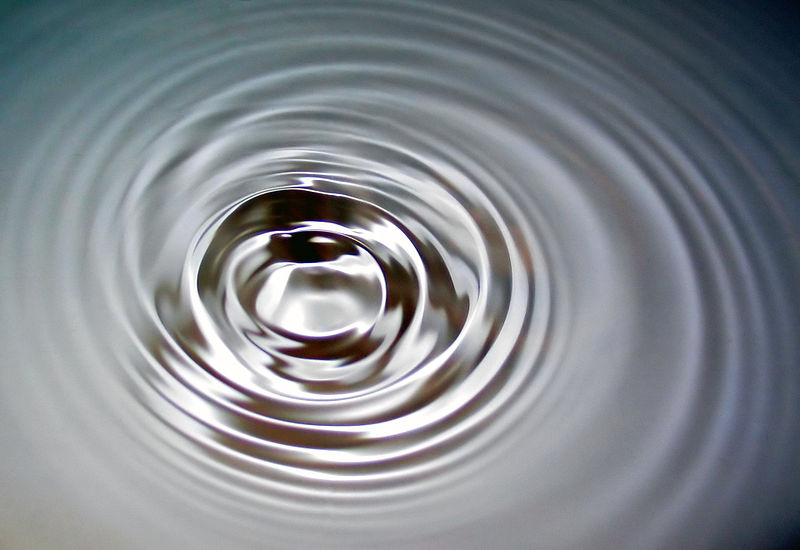
Volcanology, cardiology, astronomy... For the last few decades sound has taken a special place in the representation of scientific data. Consequence of the development of computers and software, sound is becoming a vector of information in the understanding of the world around us.
On the one hand the automation of digital data collection and on the other hand their massive processing by dedicated software is creating a new form of data presentation - sonification. Sonification is the use of sound in order to perceive auditory data. It is the acoustic representation of measured data.
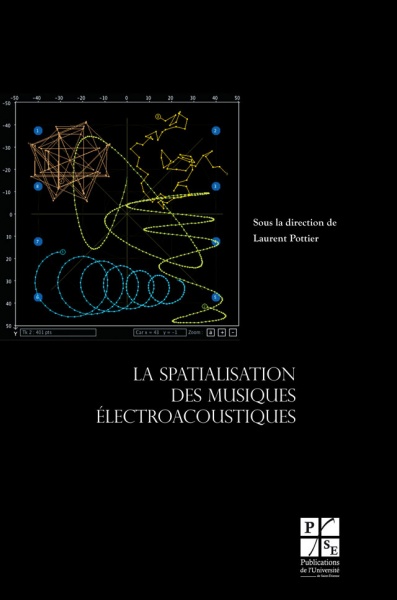 Symposium, April 19th 2008, le FIL, Saint-Etienne
Symposium, April 19th 2008, le FIL, Saint-Etienne
followed by the publication of the book Spatialisation des musiques électroacoustiques
dir. L. Pottier
24€ , 224 pages, format : 16x24, ISBN = 978-2-86272-606-9, date of publication : 05/31/12
The book can be ordered on PUSE site: https://publications.univ-st-etienne.fr/index.php
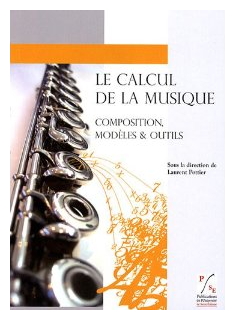 Symposium, March 2nd 2007 in University of Saint-Etienne on the role of the computer in music: computer assisted composing, creative programming, time writing, calculation of structures of rhythmical representation...
Symposium, March 2nd 2007 in University of Saint-Etienne on the role of the computer in music: computer assisted composing, creative programming, time writing, calculation of structures of rhythmical representation...



